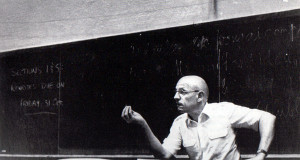
‘Truth is a thing of this world: it is produced only by virtue of multiple forms of constraint.

Foucault uses the term ‘power/knowledge’ to signify that power is constituted through accepted forms of knowledge, scientific understanding and ‘truth’: Instead it is a kind of ‘metapower’ or ‘regime of truth’ that pervades society, and which is in constant flux and negotiation.

‘Power is everywhere’ and ‘comes from everywhere’ so in this sense is neither an agency nor a structure (Foucault 1998: 63). ‘His work marks a radical departure from previous modes of conceiving power and cannot be easily integrated with previous ideas, as power is diffuse rather than concentrated, embodied and enacted rather than possessed, discursive rather than purely coercive, and constitutes agents rather than being deployed by them’ (Gaventa 2003: 1)įoucault challenges the idea that power is wielded by people or groups by way of ‘episodic’ or ‘sovereign’ acts of domination or coercion, seeing it instead as dispersed and pervasive. Power for Foucault is what makes us what we are, operating on a quite different level from other theories:

Michel Foucault, the French postmodernist, has been hugely influential in shaping understandings of power, leading away from the analysis of actors who use power as an instrument of coercion, and even away from the discreet structures in which those actors operate, toward the idea that ‘power is everywhere’, diffused and embodied in discourse, knowledge and ‘regimes of truth’ (Foucault 1991 Rabinow 1991).


 0 kommentar(er)
0 kommentar(er)
